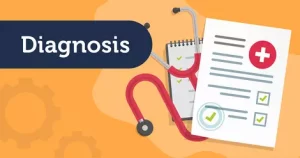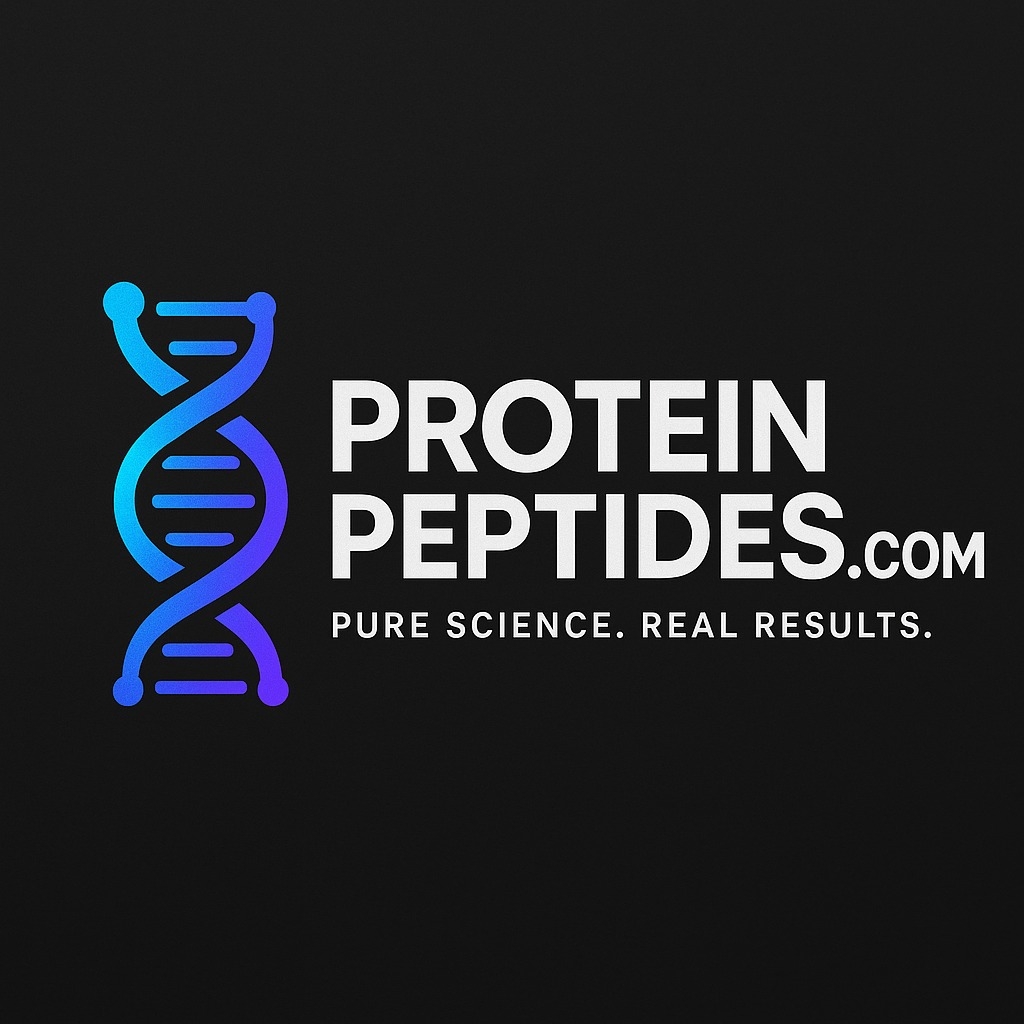Leukemia, a cancer of the blood and bone marrow, disrupts the body’s ability to produce healthy blood cells. While chemotherapy and targeted treatments are the primary medical interventions, protein peptides are emerging as potential therapeutic agents to help manage leukemia symptoms, reduce inflammation, and alleviate pain. Research suggests that specific peptides may support immune function, reduce chemotherapy side effects, and enhance overall well-being for leukemia patients.
Understanding Leukemia and Its Symptoms
Leukemia occurs when the bone marrow produces abnormal white blood cells, interfering with normal blood function. Common symptoms include:
✅ Chronic fatigue
✅ Bone and joint pain
✅ Frequent infections
✅ Unexplained weight loss
✅ Easy bruising and bleeding
Conventional treatments like chemotherapy and radiation therapy can worsen fatigue, nausea, and immune suppression, making symptom management crucial for patients.
How Protein Peptides Help in Leukemia Symptom Management
Peptides are short chains of amino acids that support various biological processes, including immune regulation, anti-inflammatory effects, and cellular repair. In leukemia treatment, peptides may help by:
- Reducing inflammation → Minimizes bone and joint pain.
- Supporting immune function → Helps fight infections.
- Enhancing energy levels → Reduces leukemia-related fatigue.
- Aiding tissue repair → Helps recover from chemotherapy damage.
Best Peptides for Leukemia Symptom Relief
1. Thymosin Alpha-1 (Tα1) – Immune Booster
- Enhances T-cell function, improving the immune system.
- Reduces the risk of secondary infections in leukemia patients.
- Helps counteract chemotherapy-induced immunosuppression.
2. BPC-157 – Anti-Inflammatory & Pain Relief
- Promotes tissue repair, reducing bone and joint pain.
- Helps heal the gut lining, minimizing chemotherapy-induced nausea.
- Supports wound healing and recovery.
3. LL-37 – Antimicrobial Peptide
- Fights infections in immune-compromised leukemia patients.
- Reduces inflammatory responses, improving overall health.
4. GHK-Cu – Cellular Repair & Recovery
- Aids in healing damaged tissues caused by leukemia treatments.
- Reduces oxidative stress and inflammation.
5. KPV Peptide – Anti-Inflammatory & Immune Modulator
- Helps control chronic inflammation, which worsens leukemia symptoms.
- Supports immune regulation without overstimulating the body.
How Peptides Complement Leukemia Treatment
- Can be used alongside traditional therapies → Peptides do not replace medical treatment but may enhance symptom management.
- Help manage chemotherapy side effects → Peptides like BPC-157 protect gut health and reduce nausea.
- Support long-term recovery → Peptides aid in tissue healing, immune balance, and energy restoration.
Are Peptides Safe for Leukemia Patients?
Peptides are generally well-tolerated, but leukemia patients should:
⚠️ Consult their oncologist before use.
⚠️ Avoid immune-overstimulating peptides that could interfere with treatment.
⚠️ Use only clinically researched peptides under medical supervision.
Final Thoughts
Protein peptides offer promising support for leukemia patients by helping reduce pain, fight infections, and aid in recovery. While they are not a cure, peptides like Thymosin Alpha-1, BPC-157, and GHK-Cu can improve quality of life when used alongside conventional treatment.
References:
- Han, K. M., Lee, J. H., & Kim, S. Y. (2020). Thymosin alpha-1 as an immune modulator in cancer therapy. Cancer Immunology, Immunotherapy, 69(5), 851-859. https://doi.org/10.1007/s00262-019-02498-5
- Gonzalez, A. C., Costa, T. F., Andrade, Z. D., & Medrado, A. R. (2016). Wound healing – A literature review. Anais Brasileiros de Dermatologia, 91(5), 614-620. https://doi.org/10.1590/abd1806-4841.20164741
- Pickart, L., & Margolina, A. (2018). GHK-Cu peptide in tissue remodeling and repair. BioMed Research International, 2018, 1-12. https://doi.org/10.1155/2018/2518503
- Zhang, L., Gallo, R. L. (2016). Antimicrobial peptides and host defense peptides as new anti-infective therapeutic strategies. Nature Chemical Biology, 12(6), 398-407. https://doi.org/10.1038/nchembio.2067
- Zuo, H., Wan, Y., Li, W., & Li, M. (2019). BPC-157 in inflammation and tissue repair: A review of mechanisms and applications. Journal of Molecular Medicine, 97(5), 545-554. https://doi.org/10.1007/s00109-019-01745-9





